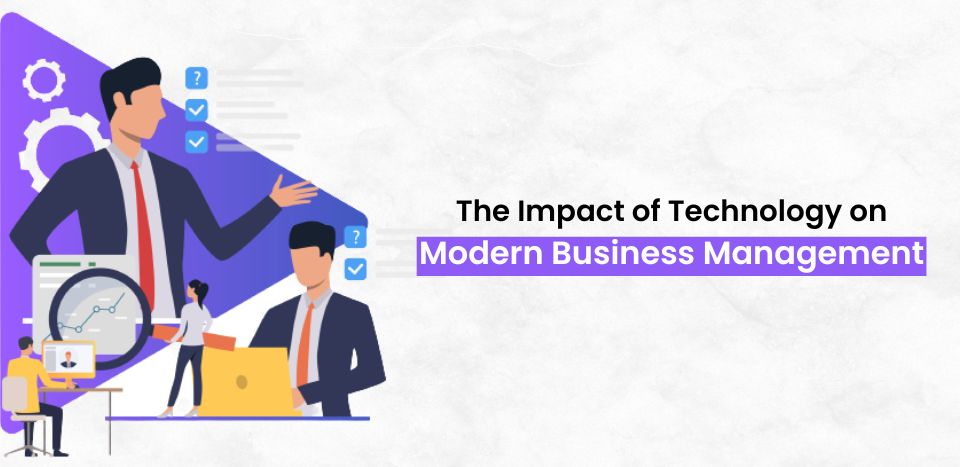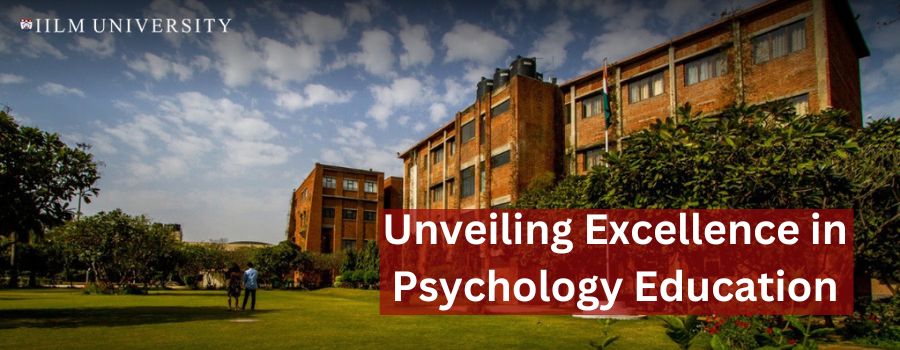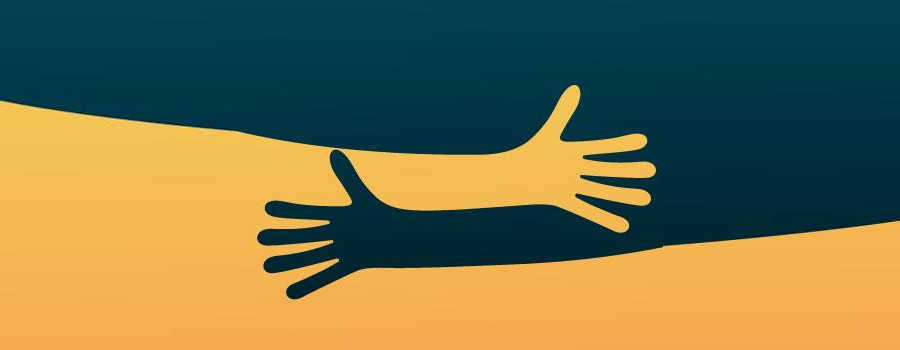Have you ever dreamed of working in the media industry, full of exciting news, engaging interviews, and the ability to influence people? If so, pursuing a BA degree in Journalism and Mass Communication is the best!
IILM University offers a three-year comprehensive program that equips you with the skills and knowledge to excel in this dynamic industry. The degree also helps develop capabilities like critical thinking, research proficiency, creativity, and cultural awareness – highly valued skills in today’s job market!
What makes BA in Journalism and Mass Communication different?
BA in Journalism and Mass Communication from IILM University offers many benefits:
Diverse curriculum: The program will provide immense knowledge about news reporting and editing to media laws, photography and documentary making. The program balances theoretical knowledge with practical training and its interdisciplinary approach converts students into intellectual explorers.
Hands-on experience: Unlike some academic programs, this course emphasizes on practical experience. Students like you will get to work on real-world projects, internships and workshops. You will learn page making using Adobe Software, fact-checking and much more. This will give you a taste of working in the dynamic media field.
Ethical journalism: In today’s environment of misinformation, the IILM Journalism and Mass Communication program focuses on the importance of truth, fairness and objectivity in reporting. You are trained to maintain impartiality, verify facts and present information responsibly to maintain the integrity of journalism.
Technological skills: The media constantly changes with new technologies emerging regularly. The course ensures you stay updated with the latest tools in media production, digital storytelling and social media.
Career Opportunities with BA in Journalism and Mass Communication:
BA in Journalism and Mass Communication opens up many exciting career opportunities like:
News reporting and anchoring: Love anchoring? You can become a news reporter covering events, conducting interviews and presenting stories on various media. You can aspire to become a news anchor delivering news to a wider audience!
Digital journalism: Embrace the digital age by working as a digital journalist creating engaging content for online platforms, and leveraging social media to reach a large audience.
Documentary filmmaking: Do you like watching real-life documentaries on TV? Now you can make them! Tell impactful stories through documentaries that shed light on important social, cultural and environmental issues!
Public relations and corporate communication: Work as a PR professional managing communication strategies for organizations, brands or public figures.
Advertising and marketing communication: Dive into the creative world of advertising and marketing, crafting compelling campaigns to capture audience attention.
Media management: Want to become a manager? Develop managerial skills to oversee media operations, production and distribution
Course Overview: What will you learn?
Under the guidance of experienced faculty and industry experts, students like you gain exposure to a wide range of essential subjects in the field. Some of the core subjects you will study are:
● Philosophy of Modern Journalism
● News Reporting & Analysis
● Media & Cultural Studies
● Techniques of Editing – Print, Digital & Page making
● History of Journalism
● Photography
● Films & Documentary
● Indian State, Polity & Media Laws
● Fake News & Key Challenges to Media
● Advertising & Copywriting
● Development Communication
Objectives of this Course:
Our main objective is to prepare you to become a responsible and ethical professional in the media industry. Through our BA degree program, we aim to:
Theoretical and Practical Knowledge: Gain a deep understanding of journalism, media, and communication theories, combined with hands-on practical experience.
Neutrality and Objectivity: Learn to maintain neutrality in fact-based news reporting, presenting multiple perspectives to ensure fairness and accuracy.
Engaging Communication: Develop the ability to write engaging pieces in simple and crisp language, catering to the diverse needs of your target audience.
You get a Location Advantage!
IILM University is in Greater Noida, a hub for numerous media houses. This location provides you ample opportunities to connect and work with some of the industry’s best professionals. The proximity to media organizations allows for internships, networking, and exposure to real-world scenarios, enhancing your learning experience
What Our Program Offers You:
We want you to be well-prepared for the media world. We cover many subjects, letting you explore different aspects of journalism. Here are some exciting subjects you’ll learn:
Digital Storytelling: Do you like telling stories? Discover how to tell stories using digital tools and multimedia to engage your audience effectively.
Audio Video Production: Learn essential recording, editing, and distributing audio and video content skills. These are very important nowadays.
Social Media Journalism: Know the impact of social media on journalism and learn strategies to share news effectively.
Anchoring & News Presentation: Are you a nervous student? Develop on-camera skills like voice modulation, body language, and interview techniques.
News Reporting & Analysis: Learn to enhance your news gathering and reporting abilities to another level.
Art of Learning First-hand: Engage in practical learning through workshops, masterclasses, and expert interactions to deepen your understanding of the field.
So, BA in Journalism and Mass Communication from IILM sets you on a meaningful path in the media industry. It equips you with the necessary skills, knowledge and ethical values to excel in various media professions. If you are curious to explore different stories, this could be right for you!












 Adopt a Furry friend, don’t know about you but, my dog Raja was one of my strengths during my tough times, fostering him and getting greeted by him with those extra cuddles was so therapeutic.
Adopt a Furry friend, don’t know about you but, my dog Raja was one of my strengths during my tough times, fostering him and getting greeted by him with those extra cuddles was so therapeutic.